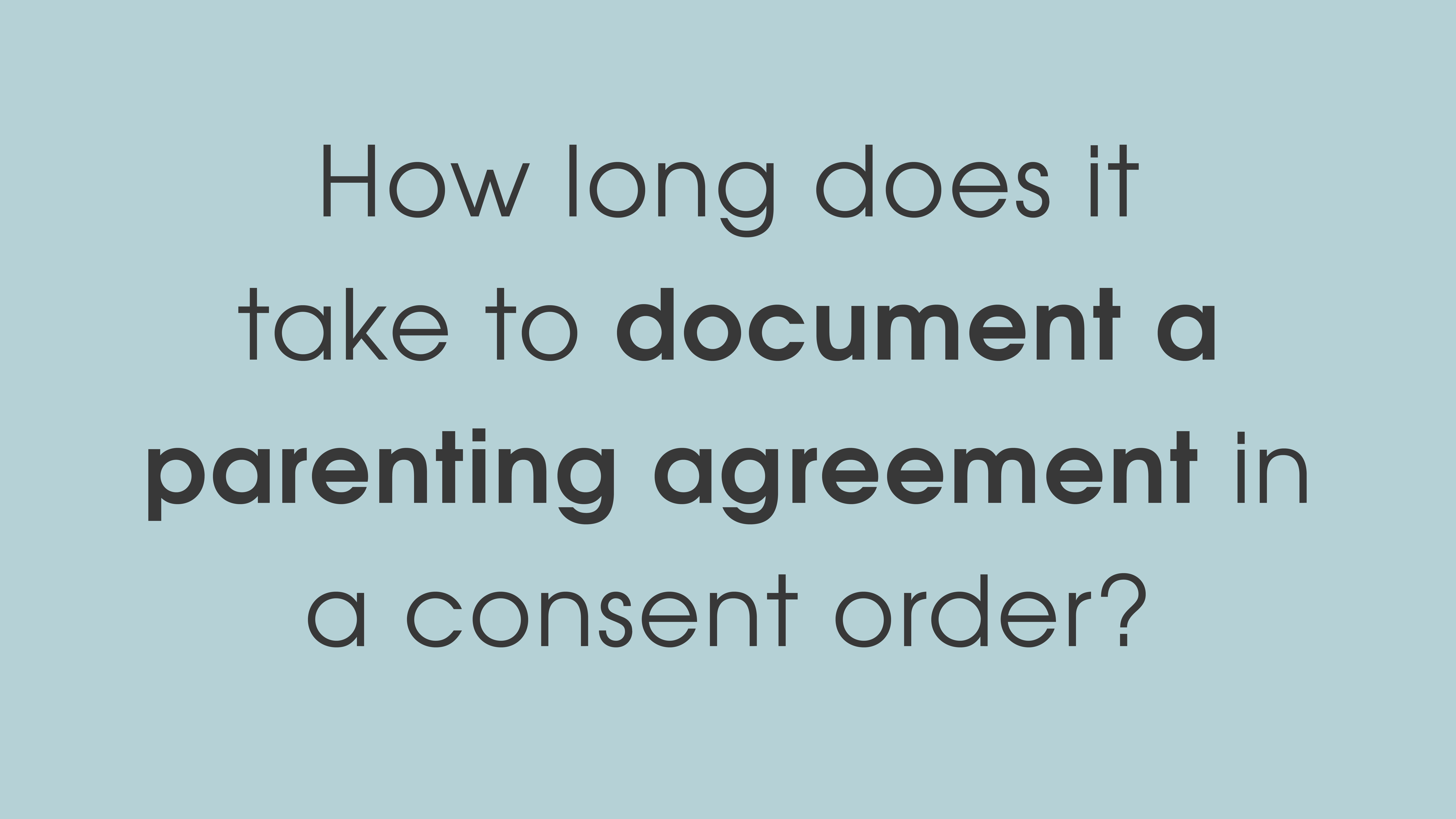How do I Approach the Subject of Separation with my Child?

Although you may feel that going through a separation is emotionally exhausting, talking to your child about separation is one stage of the process that you simply cannot skip. This is because, even though it is undoubtedly a difficult conversation to have, your child has a right to know that their parents are separating.
In this post, we’ll cover how you can make this process as painless as possible for you, your partner and your child, highlighting what you should and shouldn’t say or do.
Things to Say
Keep the Discussion Simple and Fact-Based
Although you need to tell your child that their parents are separating, you do not necessarily have to get involved in why you’re separating; particularly if the child is young.
When you speak to your child about the separation, you should keep it simple and to the point, basing the whole conversation on basic and objective facts. Not only will this help your child understand the discussion, but it will also make it easier for you and your partner emotionally.
Research has also shown that the less exposure the child has to the details of their parents’ relationship breakdown, the better they do. During your conversation, and through your actions after, you should make it as simple as possible for your child to love both parents.
It will be better for your child if you tell them together (if possible). This way, you’ll both be able to express your point of view and you’ll both know what the child was told. Before you speak to your child, it is often a good idea for you both to agree on what will be said. Remember that by keeping things objective and simple, you’re far less likely to get emotional and begin arguing in front of them.
Provide a Plan
You should keep the conversation focussed on the future as much as possible. This means that you should have an idea of the arrangements for future parenting and how this could potentially make things better for them.
If you have a parenting agreement in place already, then you should talk your child through this, practically explaining how it will work in the future and how they’ll still be able to see both of you.
However, you should remember that your child is likely to be in a state of shock, so you may have to go through this in more detail with them later on. If they’ve forgotten certain arrangements, it should not be held against them.
Offer Reassurance
As well as providing your child with reassurance that both of their parents still love them, you should also make it clear to them that the separation has nothing to do with them or any of their previous actions.
Children are often very loyal and trusting with their parents so, by making this clear, they should absolve themselves of any blame.
Things to Avoid
Name Calling and Blame
Try to avoid arguing in front of your child. If you or your partner show signs of anger or hostility to each other, then your child may feel threatened or worried. This can then have a further destructive effect on your child.
In addition, you should never ask your child to act as a messenger between the two of you or report on the activities of the other parent. As well as showing your child that you cannot communicate effectively, this may place extra unwanted pressure on them and make them not look forward to seeing you.
Present Giving and Competition
You may feel some level of blame for the relationship breaking down, or you may want to spoil your child to ensure that they do not feel responsible. However, you should be wary of this as it can actually stop your child from enjoying spending time with you; especially if you’re trying to set up an activity that competes with the other parent’s plan.
You should also try to keep your relationship with your child as close to how it was before the separation as possible.
Separating can be an emotionally difficult time; especially if a child is involved in the relationship. However, if you create a proper parenting plan and then remain honest and fact based with your child when explaining the decision to split, then you should be able to create the best possible environment for them going forward. Should you need any help creating or documenting a parenting agreement, or would like further advice on steps to take following a separation, we’re here to help. We are currently offering $75 off your initial family law strategy session, click to arrange an appointment today.





